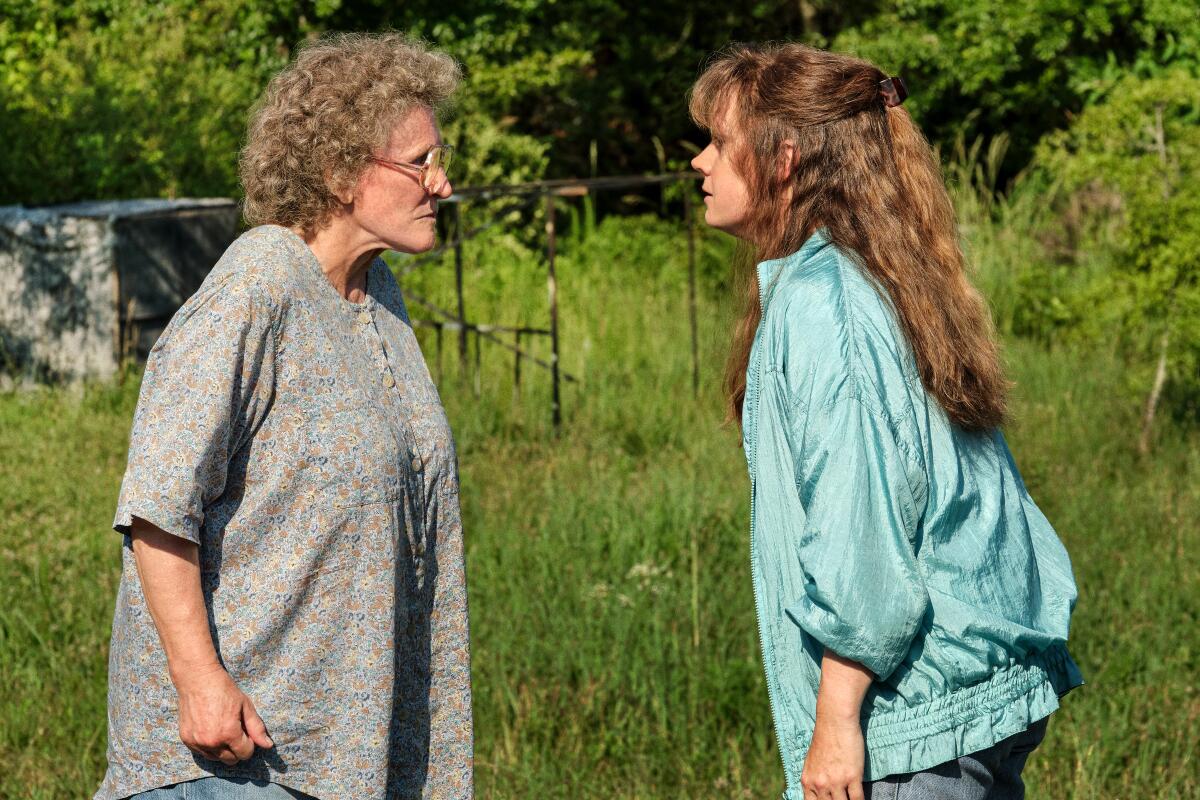J.D. Vance’s ‘Hillbilly Elegy’ streams skyrocket by 1,180%; book tops Amazon bestsellers list, sees spike in library borrows

While J.D. Vance jumped into the national spotlight when former President Trump announced him on Monday as his running mate, he first rose to fame as the bestselling author of 2016’s “Hillbilly Elegy: A Memoir of a Family and Culture in Crisis.”
Now, Americans hoping to learn more about the vice presidential candidate are turning to his book — and its Netflix movie adaptation — to get a peek at his upbringing.
According to data tracking firm Luminate, U.S. viewership for the film grew by more than 1,180% on Netflix. The movie was watched for 19.2 million minutes on Monday, the day of Trump’s announcement, compared with 1.5 million minutes on Sunday, per Luminate.
The drama earned a spot on Netflix’s daily top 10 list. It is the streaming giant’s fourth-most-streamed movie in the U.S. as of Wednesday — rising from sixth on Tuesday.
The running mate for Donald Trump showed in his 2016 memoir that he doesn’t understand or respect the working class. The media should call him out on that.
Netflix publishes its weekly top 10 list on Tuesdays, so the Ron Howard-directed movie’s spike will count toward next week’s edition.
The paperback and hardcover versions of the 2016 memoir now occupy the top two spots on the Amazon bestsellers list.
Libraries are also seeing increased demand for the book. A representative for audiobook and e-book lending app Libby — which is available in more than 90% of public libraries in North America — told The Times there was a more than 900% increase in checkouts of the title. To meet the demand, library purchases from Libby have increased 100 times.
“Hillbilly Elegy” is the second-most popular book among Libby users this week, behind Andrew X. Pham’s “Twilight Territory.”
In the book, the Ohio senator writes about growing up in a blue-collar family in Middletown with a long history of poverty. Vance also chronicles his experiences in the Marine Corps and at Yale Law School. The memoir serves as a critique of the country’s treatment of white blue-collar workers — the “hillbillies” of the “elegy.”
“Why are people like me so poorly represented in America’s elite institutions?” he writes.
Vance cast his fellow Appalachians as stuck and embittered with a country that moved on without them. My Mexican hillbilly family never had time to whine and mope.
The memoir received mixed reactions at the time of publication. For some, Vance shed light on a community often overlooked.
“Vance’s unapologetic autobiography ... is a poem to the hills and hollers of his childhood where a blue-collar sentiment often blames government and big business for poverty, addiction, violence and families in disarray,” reads The Times’ 2016 review of the memoir.
Others criticized Vance for his generalizations, with the New Republic calling the onetime fierce critic of Trump a “false prophet of blue America.”
Following Monday’s VP announcement, a Times opinion column condemned the memoir, noting that Vance’s writing generalized 35% of the country “as tragic victims of alcoholism, drug abuse, laziness and their own self-destructive moral failings,” which in turn caused the news media to further isolate and generalize the white working class.
Despite controversy, with the book’s commercial success came a Netflix film adaptation. The movie starred Gabriel Basso as Vance; Amy Adams as his mother, Beverly;, and Glenn Close as Mamaw — his grandmother. The movie snagged two Academy Award nominations in 2021, including supporting actress for Close.
The Times’ 2020 review described the Netflix pic as “woefully misguided.”
“At the time, the memoir was widely hailed across the political spectrum. ... But in recent years, ‘Hillbilly Elegy’ has undergone its share of critical reassessments, most of them unflattering,” former Times film critic Justin Chang wrote. “More than a few have questioned the authenticity of Vance’s perspective on Appalachia, his convenient downplaying of race and racism as cultural forces, and his willingness to extrapolate rather too broadly from his family’s own fraught dynamics.”
“Hillbilly Elegy” also received three nominations for Razzie Awards — a parody awards show that honors the worst of cinema. Close was nominated for worst supporting actress.
More to Read
The biggest entertainment stories
Get our big stories about Hollywood, film, television, music, arts, culture and more right in your inbox as soon as they publish.
You may occasionally receive promotional content from the Los Angeles Times.













